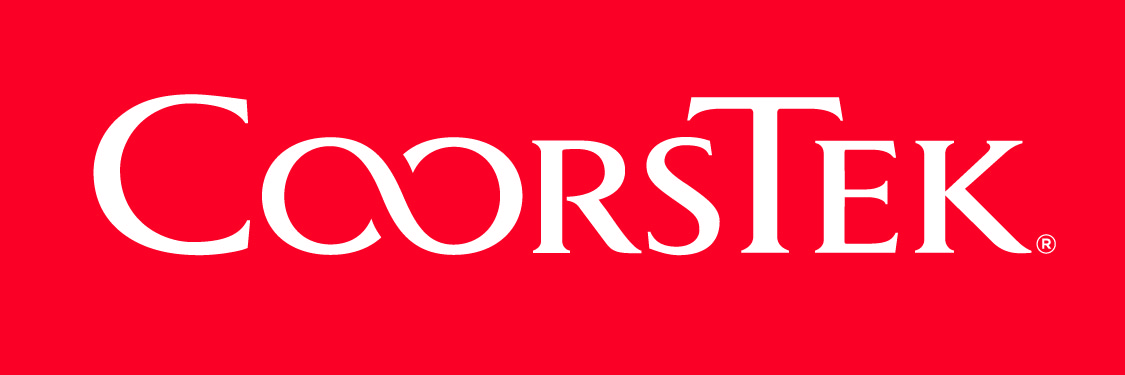 News Release
News ReleaseForum Health Expands Its Footprint in the DC Metro with a New Integrative Health Clinic Offering Personalized Care
Forum Health
Forum Health, LLC, a nationwide leader in functional and integrative medicine, is excited to announce the opening of its newest clinic in Silver Spring, Maryland. The new location will deliver the same high-quality, patient-centered care that has become synonymous with Forum Health, offering a comprehensive suite of services. Learn more about Forum Health Silver Spring. Phil Hagerman, CEO: “We are thrilled to bring our innovative functional medicine approach to the vibrant Washington, DC suburb of Silver Spring. At Forum Health, we believe in treating the whole person through personalized care and cutting-edge testing and therapies. This new clinic expands our ability to deliver transformative health outcomes to more patients.” Leading the clinic is Dr. Lynese Lawson, renowned functional medicine physician board-certified in anti-aging and regenerative medicine, and Dr. Umza Mian, board-certified physician in Anti-Aging and Regenerative Medicine (A4M). Joining the team is Jared Sharp, NP, an experienced practitioner specializing in plasma therapy, advanced biologics, regenerative therapies, and functional medicine, with five years in primary care and orthopedics. Designed to empower patients to take control of their health through personalized, data-driven treatment plans, Forum Health Silver Spring provides advanced diagnostics, cutting-edge therapies, and integrative solutions to address a wide range of health concerns, including: - Hormonal and Thyroid Health Optimization: Restoring balance through bioidentical hormone replacement therapy and tailored wellness strategies. - Advanced Wellness Strategies: Using cutting-edge treatments to provide maximum success for patients who desire to optimize every aspect of their health. - Cognitive Decline and Alzheimer’s Disease: Comprehensive plans to improve brain health and prevent and reverse cognitive decline using the Bredesen Protocol. - Weight Loss and Metabolic Health: Scientifically backed programs to support sustainable weight loss and improve overall metabolic function. - Chronic Disease Management: Addressing the root causes of complex and undiagnosed conditions to restore vitality such as Lyme disease and mold toxicity. To further enhance care offerings, the clinic is introducing musculoskeletal shockwave therapy, a revolutionary treatment for musculoskeletal pain, designed to stimulate healing and restore mobility, addressing a variety of conditions such as chronic pain, tendonitis, and injuries. To further enhance care offerings, the clinic is introducing multiple regenerative therapies including plasma therapy, advanced biologics, and low intensity shockwave therapy - a pioneering treatment for musculoskeletal pain, designed to stimulate healing and restore mobility, addressing a variety of conditions such as chronic pain, tendonitis, and injuries. Lynese Lawson, DO, ABAARM, IFMCP: “We’re thrilled to bring Forum Health’s transformative wellness approach to Silver Spring and the greater Maryland/D.C. metro. Our focus on personalized care and addressing the root causes of health concerns will empower patients in this community to take charge of their health and achieve lasting well-being.” The Silver Spring clinic will also feature a highly skilled team of medical professionals who blend conventional medicine with natural remedies, lifestyle interventions, and advanced technology. Patients will benefit from a warm, collaborative environment that prioritizes long-term health and wellness. Grand Opening and Appointment Scheduling The Forum Health Silver Spring clinic opened its doors in early December 2024. Appointments can be scheduled here or by calling 703-822-5003. About Forum Health, LLC Forum Health, LLC is a nationwide provider of personalized healthcare steeped in the powerful principles of functional and integrative medicine. Our providers take a root-cause approach to care exploring lifestyle, environment, and genetics to help each patient achieve their ultimate health goals. Members have access to advanced medical treatments and technology, with care plans informed by data analytics and collaborative relationships. For more, visit www.forumhealth.com. integrative Contact Details Britt Wittelsberger +1 410-852-0738 bwittelsberger@forumhealth.com Company Website https://forumhealth.com
January 14, 2025 08:50 AM Eastern Standard Time







